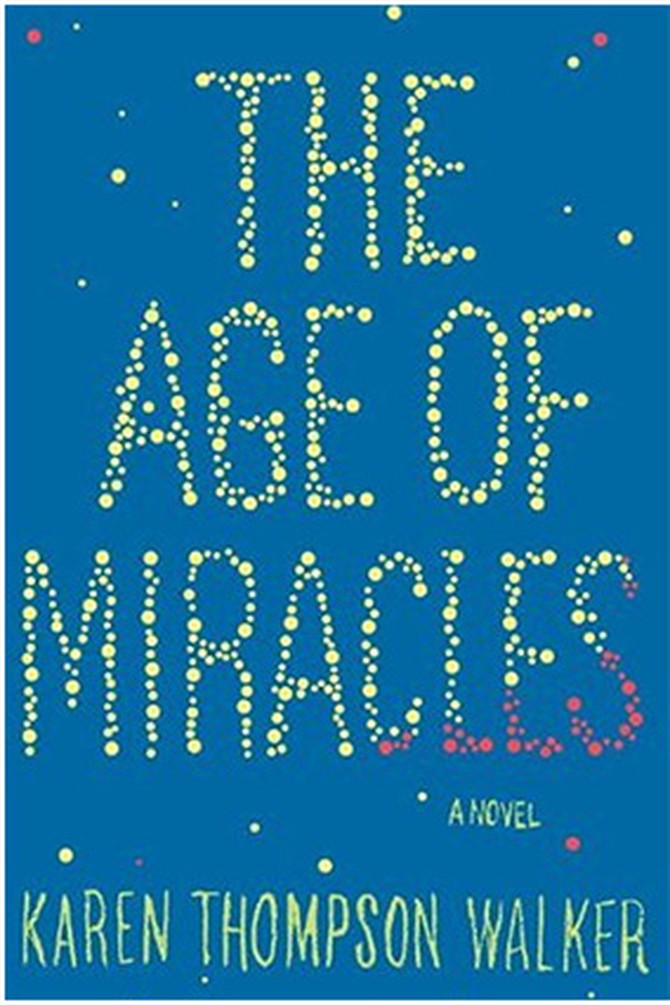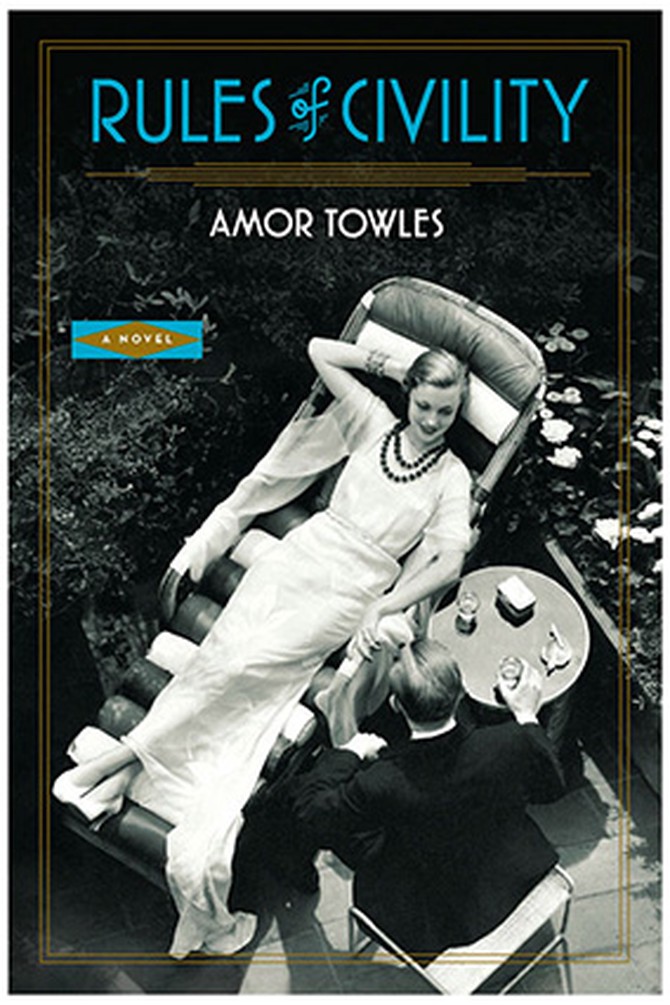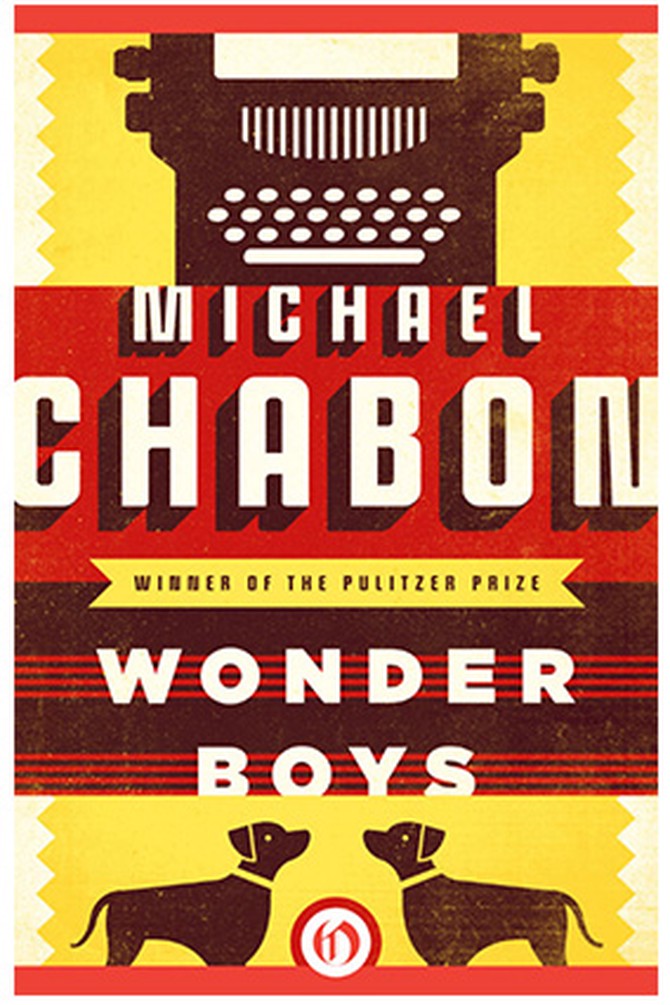The One Surprising Person You Need to Invite to Book Club
Bringing a total stranger—who hasn't even read the book!—can be awkward. Except when they're invited. Here's how to enliven the discussion with a few unexpected guests.
By Leigh Newman

The Librarian
In a perfect world, librarians would be invited everywhere: football games, birthday parties, the opening of large glassy malls. They are wonderful, dedicated people—the spiritual cousins of teachers and bookstore owners. They tend to be spicy and passionate in their opinions—and they also read a lot. So if you've chosen a complex but totally fascinating book like Zadie's Smith NW, she or he might be able to share how this new classic fits into the author's other works, like White Teeth or On Beauty—all in voice guaranteed not to disturb the neighbors.

The Babysitter
If more than half your members have to scramble for childcare every time you have a meeting or even skip the discussion due to last-minute complications (e.g., Dad had to work late), consider bringing in extra help. The whole group wins if everybody not only shows up but also feels relaxed knowing that their offspring have not been left with the old, blind, muttering lady down the street at the last minute because the real sitter bailed. The one caveat? The host needs a backyard, basement or a very large playroom. (You can't shove those children in front of at TV—not during book club!) And just in case any young ones wander into the gathering, consider reading a grown-up novel with a teenage narrator, like the wise, brilliant, ache-inducing The Age of Miracles, by Karen Thompson Walker.

The Bartender
Almost every book group is happy enough with a big bottle of kinda-fine Merlot. But some book discussions scream for cocktails, really glamorous ones with lemony bits and infused vodkas and lots of non-essential shaking. If nobody in your group can answer one key question—what are bitters, anyway?—it's time to bring in a bartender. Call a training school or a caterer, or just ask the guy making your drink at the nearest restaurant to work on his night off. You don't really need him to show up in a tuxedo, of course. But if you're reading Amor Towles's jazz-era The Rules of Civility while drinking gin fizzes and Singapore slings, a man in black tie (or something) doesn't hurt.

The Expert
If you're reading a book about an idea or issue, bring in a person who can add a blast of inside knowledge to the discussion. For example, if you're reading Monkey Mind, Daniel Smith's memoir about anxiety, bringing in a meditation teacher to try some of the techniques Smith suggests can add a new layer literary understanding, as well a bonus hit of group-wide calm. This idea can work for fiction too. Say you're reading the lyrical, brilliant In the Shadow of the Banyan Tree, by Vaddey Ratner. A historian's comments about what happened in Cambodia during the Khmer Rouge can help everyone better understand the very true true facts behind the fiction.

The Field-Trip Leader
Sometimes you read something amazing in a book—and sometimes it's equally amazing to experience it in real life. Take The Language of Flowers, by Vanessa Diffenbaugh, which discusses not only the hidden meaning behind the names of different blooms but also takes you into the world flower farms. Asking a grower or florist to lead your group on a tour of their professional gardens or the local flower market is a fresh and sweet-smelling way to learn more about the subject. Other ideas? A lighthouse tour for the must-read novel The Light Between Oceans, by M.L. Stedman, or—okay, this is total, stupid fantasy—a trip to the Italian coast to really, truly comprehend Beautiful Ruins, by Jess Walter.

The Author
Writers are supposed be curmudgeons. They wear tweed jackets. They work at prestigious universities and live in lonely houses with too many cats (a fantastic, brilliant and hilarious parody of this is Michael Chabon's Wonder Boys). Most of all, they despise when ordinary mortals bother them...all of which, in 92.9 percent of the cases is absolutely not true. Writers write for readers. Emailing authors on their websites to extend an invitation to come to your book group isn't rude, it's a compliment. If that doesn't work, try the publicist of their publishing house. In cases of long distance, it can be tricky or expensive to work out a visit (yet another reason to support regional writers), but you never know. At the very least, you may just get the most exquisitely penned thank-you note you've read.
Next: 9 things never to say in a book club
Next: 9 things never to say in a book club
Published 09/05/2012


